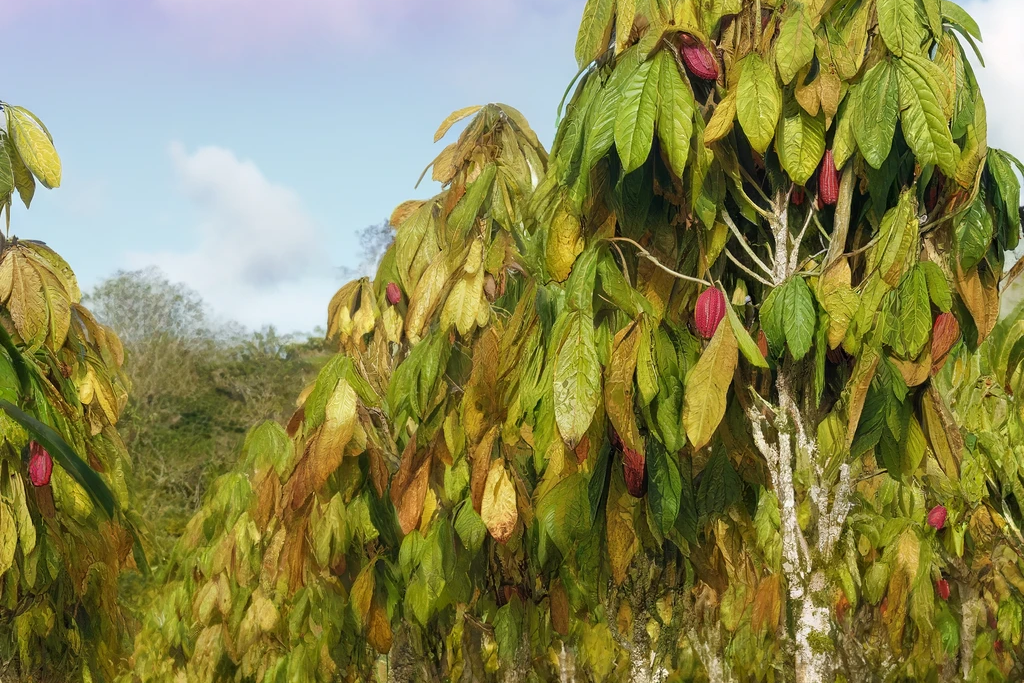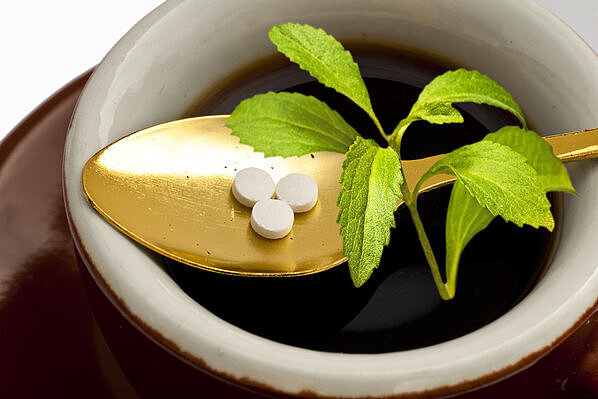Mate bush

The mate bush, botanically known as Ilex paraguariensis, is a plant that is deeply rooted in the culture of South America. Its leaves are traditionally dried and brewed into mate tea, an invigorating drink praised for its numerous health benefits in humans. But what about the use of this plant in dogs? This article takes an in-depth look at the mate bush, including its properties, potential benefits and associated risks for dogs.
What is the mate bush?
The mate bush is an evergreen tree or shrub that is native to South America. It belongs to the holly family (Aquifoliaceae) and can reach a height of up to 15 meters. The leaves of the mate bush contain a variety of nutrients and bioactive compounds, including caffeine, theobromine, antioxidants and saponins, which give mate tea its characteristic health properties.
Potential benefits of mate for dogs
Antioxidant effect
- Cell protection: The antioxidants contained in mate leaves can potentially help to reduce cell damage caused by free radicals and thus support the overall health of dogs.
Energizing properties
- Mild stimulation: The caffeine contained in small amounts could theoretically have an energizing effect on dogs, similar to that of humans. However, this should be considered with great caution.
Risks and disadvantages: Why mate can be problematic for dogs
Caffeine and theobromine intoxication
- Toxicity: As mentioned above, mate contains caffeine and theobromine, two stimulants that are toxic to dogs in large quantities. Symptoms of poisoning can include vomiting, diarrhea, hyperactivity, cardiac arrhythmia and even death in severe cases.
Digestive problems
- Gastrointestinal irritation: The saponins and other ingredients can cause gastrointestinal problems in dogs, especially those with sensitive digestive systems.
Interactions with medications
- Drug interactions: The bioactive compounds in mate can interact with certain medications and enhance or weaken their effects, which can cause problems in medicated dogs.
Better safe than sorry
Although the mate bush and its infusion are known for their health benefits in humans, their safety and suitability for dogs is questionable. The potential risks, especially the danger of caffeine and theobromine intoxication, clearly outweigh the theoretical benefits. Dog owners should therefore be cautious and avoid adding mate products to their dog's diet. In short, there are many other, less risky ways to support your dog's health and well-being without resorting to the mate bush.
If you notice any signs of hypersensitivity or poisoning in your dog, you should see your vet immediately. We are not a substitute for a vet, but we try to be as accurate as possible. Every dog reacts differently and we recommend you get a second opinion or consult your vet if in doubt.
Stay healthy and take good care of your four-legged friend!😊
Similar to Mate bush
Guaraná is a plant that is mainly native to the Amazon region. It is known for its small, red fruits, which contain seeds that contain twice as much caffeine as coffee beans. Guaraná is often used...
A leaf that made history The tea plant is not only known for its central role in many cultures around the world, but also for its many health benefits for humans. Rich in antioxidants, vitamins and...
The main alkaloid in cocoa beans, theobromine, is responsible for the bitter taste of dark chocolate. For humans, theobromine is harmless in moderate amounts, but for dogs it poses a serious...
Stevia is an extract from the leaves of the Stevia rebaudiana plant, which is native to South America. The leaves contain steviol glycosides, which are up to 300 times sweeter than sugar but have no...



